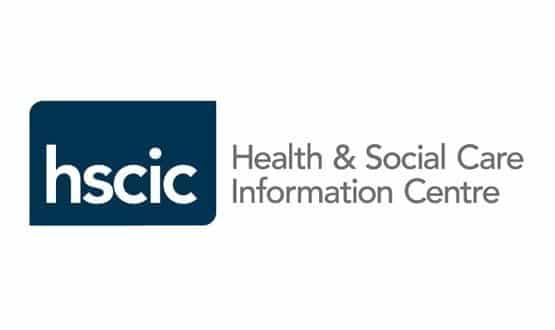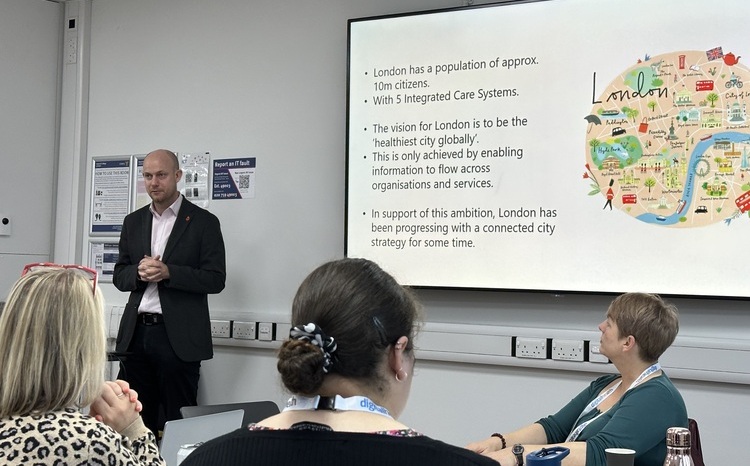HSCIC plans a national tech strategy
- 25 October 2013

The Health and Social Care Information Centre plans to publish a national technology and data strategy in summer 2015.
The strategy will focus on a number of areas including minimising barriers to the flow of data between care settings, making data available in appropriate care settings at the lowest cost possible and improving public access to the data.
An HSCIC draft strategy for 2013-15 was presented to an HSCIC board meeting on Wednesday.
It sets out the centre’s priorities over the next 18-months, setting a number of targets to achieve in 2015.
“The capacity for technology to contribute to a transformation of care services will depend on the complementary actions of commissioners, regulators, professional bodies and service providers,” it says.
“Our task, with our partners, is to build a data and information eco-system to support these groups and minimise the barriers to the radical changes they need to promote.
“Over the next 18 months we will therefore develop, with our partners, a national technology and data strategy to inform that long term view.”
The 2013-15 draft strategy focuses on each of the HSCIC’s roles, such as data quality assurance.
It says that by March 2015, the centre will publish draft quality standards for the major care sectors and publish the performance of providers against those standards. It also plans to implement a national data quality assurance framework.
The strategy says it is “widely acknowledged that the widespread use of common information standards” can bring a host of potential benefits and that more needs to be done to ensure that standards are capable of supporting integrated care delivered by non-NHS organisations.
It proposes that by March 2015, the HSCIC will “audit the current provision of information standards in order to identify gaps that must be addressed to ensure system-wide interoperability."
It will introduce a new independent Appraisal and Advisory Service for information standards and review the Interoperability Toolkit to increase its relevance.
The HSCIC also proposes to develop an information standard compliance accreditation scheme to help those procuring and using systems to know whether or not they meet agreed standards.
The draft strategy says work has already begun on reviewing the national information requirements on acute trusts and how the burden of data collection can be minimised.
During 2014-15, this work will be expanded to include all care settings and all information exchanges between local commissioners and service providers.
The HSCIC is also reviewing the current portfolio of national technology services – such as the N3 network, the Spine, and Choose and Book – to “ensure that it is consistent with the way the new health and care system is evolving."
“Much of the current infrastructure provision is aimed only at the NHS. This will not be adequate for the public or for clinicians and care professionals, as they work increasingly across organisational boundaries,” the strategy says.
The HSCIC will set up a programme to help providers, particularly social care system suppliers, gain access to the national infrastructure and agree a "set of standards for interoperability to be applied progressively to all new enterprise systems, enforced through the requirements for accreditation to the Spine services."
The information centre is also supporting trusts as they exit their National Programme for IT contracts over coming years.
Feedback on the HSCIC draft strategy is invited online.





